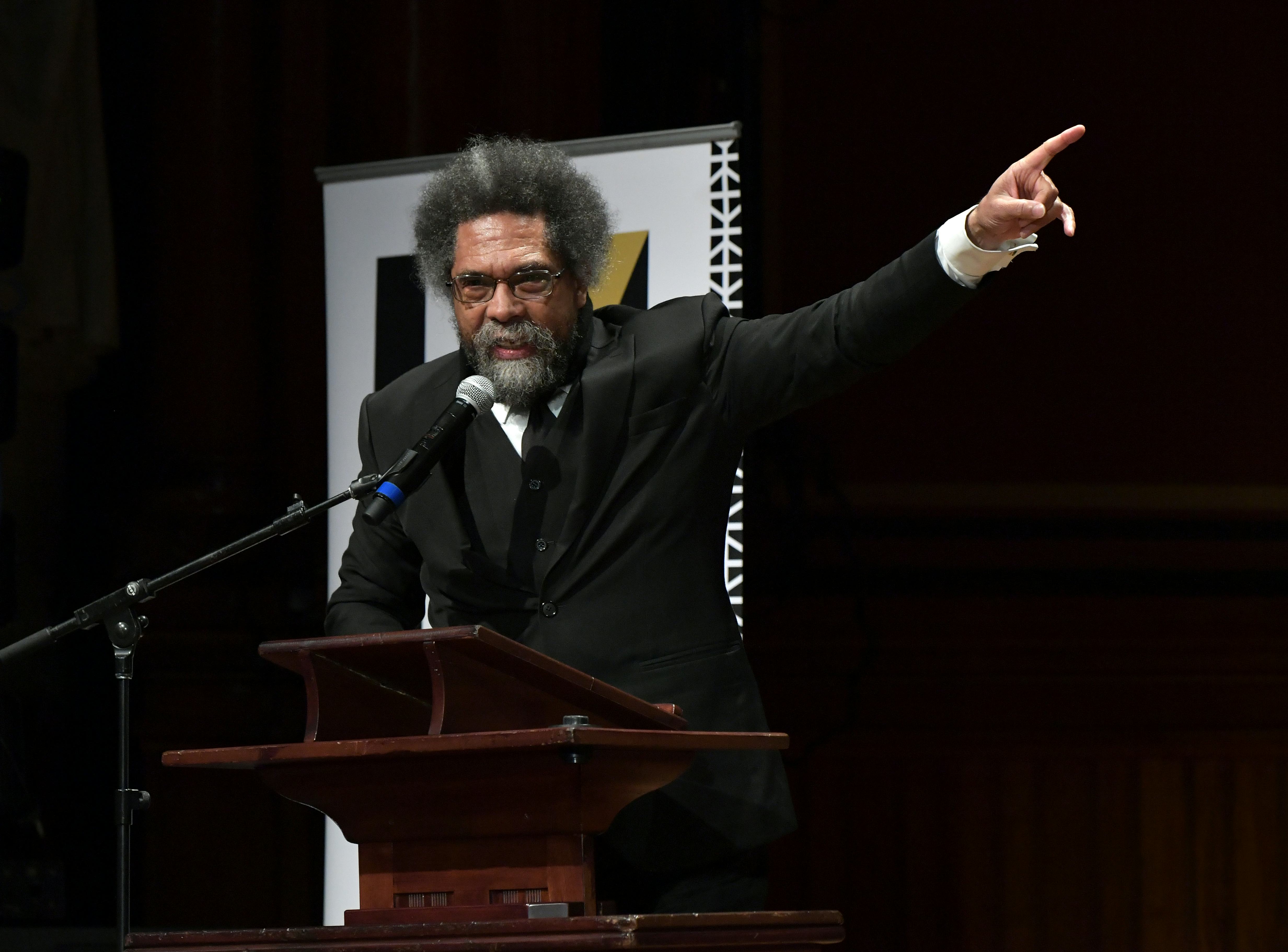
Holding his tongue would be an existential crisis to a brilliantly outspoken thinker such as Cornell West, and he let Harvard University have more than a piece of his mind. In a brief yet poignant letter dated June 30, West announced his resignation from Harvard University for essentially devaluing his work and his humanity.
In an articulately scathing letter posted on his Twitter account, West points to a string of reprehensible behaviors towards him and his colleagues perpetrated by the university as reasons for his exit. After describing the university's push for diversity as "superficial" and a version of Jim Crow era oppression, West laments the university for lumping the courses he taught such as American Democracy, Existentialism and The Conduct Of Life under one narrow category of Afro-American Religious Studies, ignoring their respective differentiating nuances. His compensation was also an issue, with West pointing to him receiving minimal pay increases even after delivering two convocation addresses and one commencement speech while also teaching as many as five extra courses. Being overworked and underpaid is experienced by Black people who flip burgers and change the minds of Harvard students alike.
A promised year-long sabbatical being shortened to a semester was another one of West's workplace gripes. But, what West seemed to attribute to the "decay" and "spiritual rot" were transgressions against a more moralistic code. In February, West threatened to resign after Harvard rejected his tenure application and instead offered him a 10-year contract, pay raise, and an endowed chair position. He accused the university's rejection as a "political decision" in a series of tweets. In his resignation letter, he outright blames "the Harvard administration's hostility to the Palestinian cause" for why he was ultimately denied tenure, as West has been outspoken about his criticism of Israel's treatment of Palestine. And then it got really personal.
In the letter, the deciding factor for West appears to be the disregard to the death of his mother in April. West only recalls receiving two public replies about his mother's passing from members of the Harvard administration, similar to what he saw Harvard sociology lecturer Dr. Jacqueline Olga Cooke-Rivers receive when her mother passed. To him, this was nothing less than "narcissistic academic professionalism" when you take into his account of him normally receiving at least ten times as many replies for any announcement of a professional accomplishment. This lack of human empathy on the part of Harvard was also a factor in his decision to first leave Harvard in 2002 when then-Harvard University president Lawrence H. Summers failed to send West a get well soon message until months after the professor underwent surgery for prostate cancer.
The letter also revealed there were strains in the relationship between West and Harvard previously unreleased to the public, from the moment he rejoined the school in 2016 after teaching there between 1994-2002. Before West even explained in detail why he was resigning, West made a point to note the salary he signed on for was less than his salary from 2002 when he last taught at Harvard as professor of African-American studies and a joint appointment at the Harvard Divinity School. West left the university that year to teach at Princeton University after an acrimonious relationship with Summers whom West referred to as a "bully" in an interview announcing his initial resignation.
West's current resignation is the sad song Black educators have been singing this year, just from a different crooked record label. Nikole Hannah-Jones announced her resignation from University of North Carolina a week before West did the same with Harvard. Similar to West, Hannah-Jones was disgusted by the university's politically motivated rejection of her tenure application, a rejection which went against the school's history of offering tenure to everyone who held her esteemed position at the university's Hussman School of Journalism and Media as the Knight Chair in Race and Investigative Journalism. UNC only offered the Pulitzer Prize-winning journalist tenure after public pressure, so she decided to remind the school of her worth by leaving and restricting them from benefiting from that worth.
With West doing the same, Black educators are not going to help build a future for institutions that can't get their politics out of the past and separate of academia.







